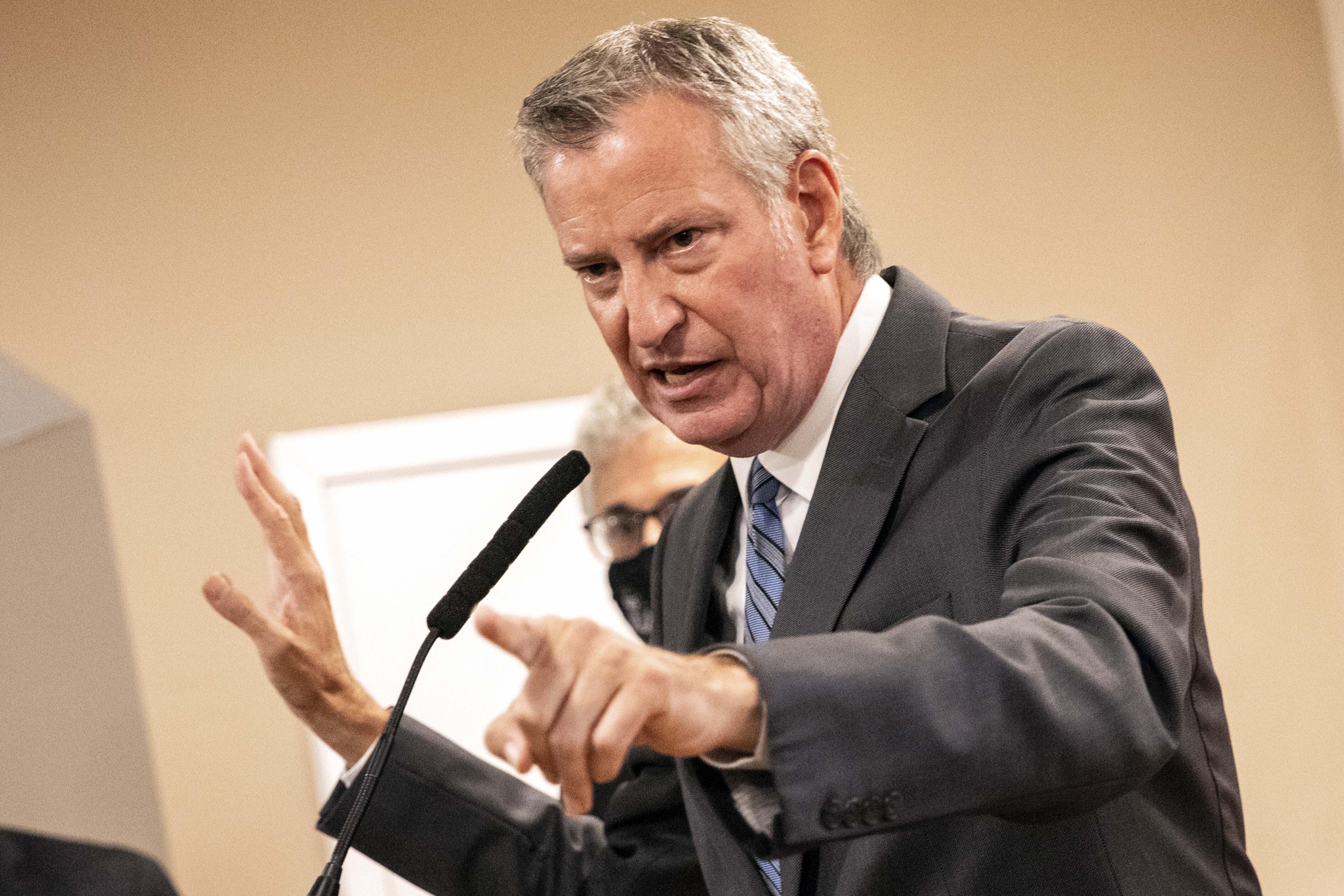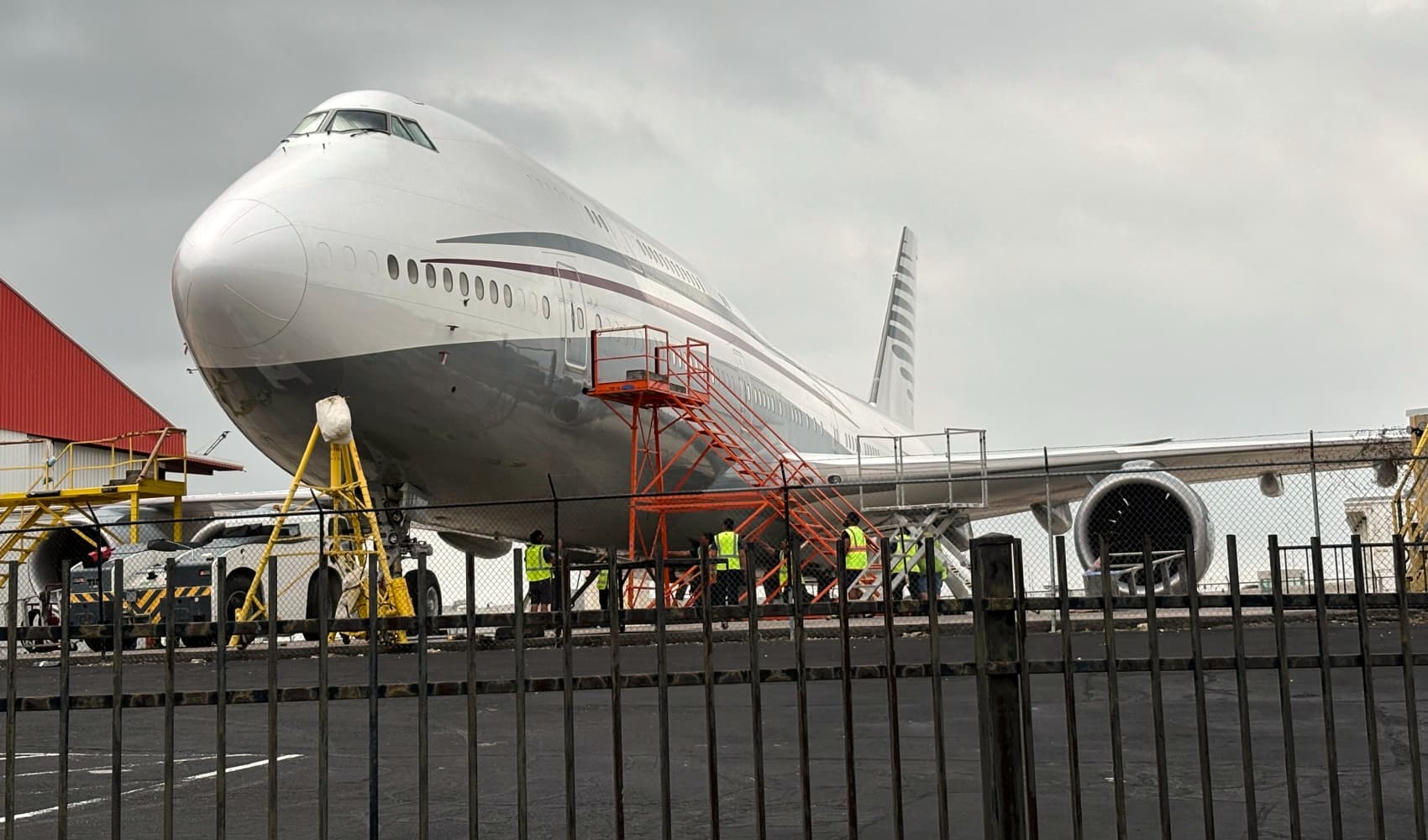De Blasio Misused Funds: $330K Repayment & Political Fallout
De Blasio's $330K Tab: Taxpayer Funds Misused in White House Dream?
Introduction: When Presidential Aspirations Get Pricey
Ever dreamt of running for president? It's a big ambition! But what if that dream came with a hefty price tag, and not just from campaign donations? Well, that's the situation former New York City Mayor Bill de Blasio finds himself in. He's agreed to pay a staggering $330,000 for improperly using taxpayer funds during his brief 2019 presidential campaign.
The Allegations: More Than Just a Security Detail
The Conflicts of Interest Board (COIB) didn't just wake up one morning and decide to audit de Blasio. They accused him of misusing his NYPD security detail – you know, the guys supposed to keep him safe – on over 30 separate occasions. Think of it like this: your company car shouldn't be used for weekend getaways, right? Similar principle.
De Blasio's Apology: "I Made a Mistake"
Taking to X (formerly Twitter), de Blasio acknowledged his error. He stated, "I settled an outstanding case with the NYC COIB. I acknowledge that I made a mistake, and I deeply regret it." It's a public admission that carries significant weight. But does an apology truly cover a $330,000 shortfall?
COIB's Statement: Closing a Chapter
The COIB released its own statement, announcing that the settlement concludes three years of legal wrangling with the ex-mayor. It's a definitive end to a long and possibly painful process for all involved. The board aims to ensure public funds are utilized responsibly.
The Financial Breakdown: Where Does the Money Go?
Here's the nitty-gritty: de Blasio will pay $329,794.20 in restitution. He's already chipped in $100,000. The remaining $229,794.20 (or close to that amount) will be paid off over the next four years. Imagine making those payments! It's a stark reminder of the consequences of misuse of funds.
The Security Detail's Costs: More Than Just Salaries
The money covers the travel costs for the NYPD officers. But, get this, it doesn't include their salaries and overtime. That's an additional cost to taxpayers that's not even factored into this reimbursement. It's a complex situation with many layers.
De Blasio's Initial Resistance: A Fight He Lost
Since 2023, de Blasio had been contesting the reimbursement. He clearly felt the allegations were unfounded or perhaps overestimated his ability to win the legal battle. Ultimately, he was unsuccessful in his efforts to avoid paying.
The $10,000 Fine: An Additional Sting
On top of the hefty reimbursement, de Blasio will also pay a $10,000 fine. It's like adding insult to injury, or maybe just a little extra salt. It's a signal that wrongdoing comes with multiple consequences.
H3: What Does this Mean for NYC Taxpayers?
This settlement means that over $300,000 will be returned to the city coffers. It’s money that could potentially be used for essential services. Whether it makes a significant dent in the city's budget is another question. But every penny counts, right?
H3: What Does this Mean for De Blasio's Legacy?
This incident is undoubtedly a blemish on de Blasio's legacy as mayor. It raises questions about his judgment and stewardship of public funds. It might not be the defining factor, but it will certainly be a footnote in his history.
Ethical Implications: A Matter of Public Trust
This case highlights the importance of ethical conduct for public officials. When taxpayer money is involved, there's an added layer of responsibility. This incident underscores the need for transparency and accountability. After all, they are servants of the people.
H3: Similar Cases of Misuse of Funds
Unfortunately, de Blasio's situation isn't unique. There have been other instances of public officials misusing taxpayer funds for personal or political gain. These cases often lead to public outrage and calls for stricter oversight.
H3: Safeguarding Against Future Misuse
What measures can be taken to prevent similar incidents in the future? Stricter regulations, enhanced oversight, and greater transparency are all crucial components. The public deserves to know how their money is being spent.
The Impact on Political Campaigns: A Cautionary Tale
This case serves as a cautionary tale for politicians. Using public resources for campaign activities is generally prohibited and can result in severe consequences. Campaigns should be funded through appropriate channels. Don’t mix public business and personal ambition.
The Role of the Conflicts of Interest Board: Keeping Watch
The COIB plays a vital role in ensuring ethical conduct in city government. It’s a watchdog organization that holds public officials accountable for their actions. Their work is essential for maintaining public trust.
Conclusion: Lessons Learned and Moving Forward
So, what are the key takeaways from this saga? Bill de Blasio misused taxpayer funds during his presidential campaign, he's paying the price, literally and figuratively. This case underscores the importance of ethical conduct, transparency, and accountability in public office. It’s a reminder that public trust is easily broken and hard-earned back.
Frequently Asked Questions
Here are some frequently asked questions about the Bill de Blasio settlement:
What exactly did Bill de Blasio do wrong?
He misused his NYPD security detail, using taxpayer funds to cover their travel expenses during his 2019 presidential campaign events. This was deemed an improper use of public resources.
How much money does de Blasio have to pay back?
The total restitution amount is $329,794.20. He has already paid $100,000 and will pay the remaining balance over the next four years, in addition to a $10,000 fine.
Why did it take so long to reach a settlement?
De Blasio initially contested the allegations and fought the reimbursement. The legal process took three years to resolve, ending with his agreement to pay the settlement.
Where will the reimbursed money go?
The funds will be returned to the City of New York and could potentially be used for various public services.
Does this settlement affect de Blasio's future political prospects?
It's hard to say definitively, but it certainly tarnishes his reputation and may make it more difficult for him to pursue future political endeavors. The incident raises questions about his judgment and ethics.

